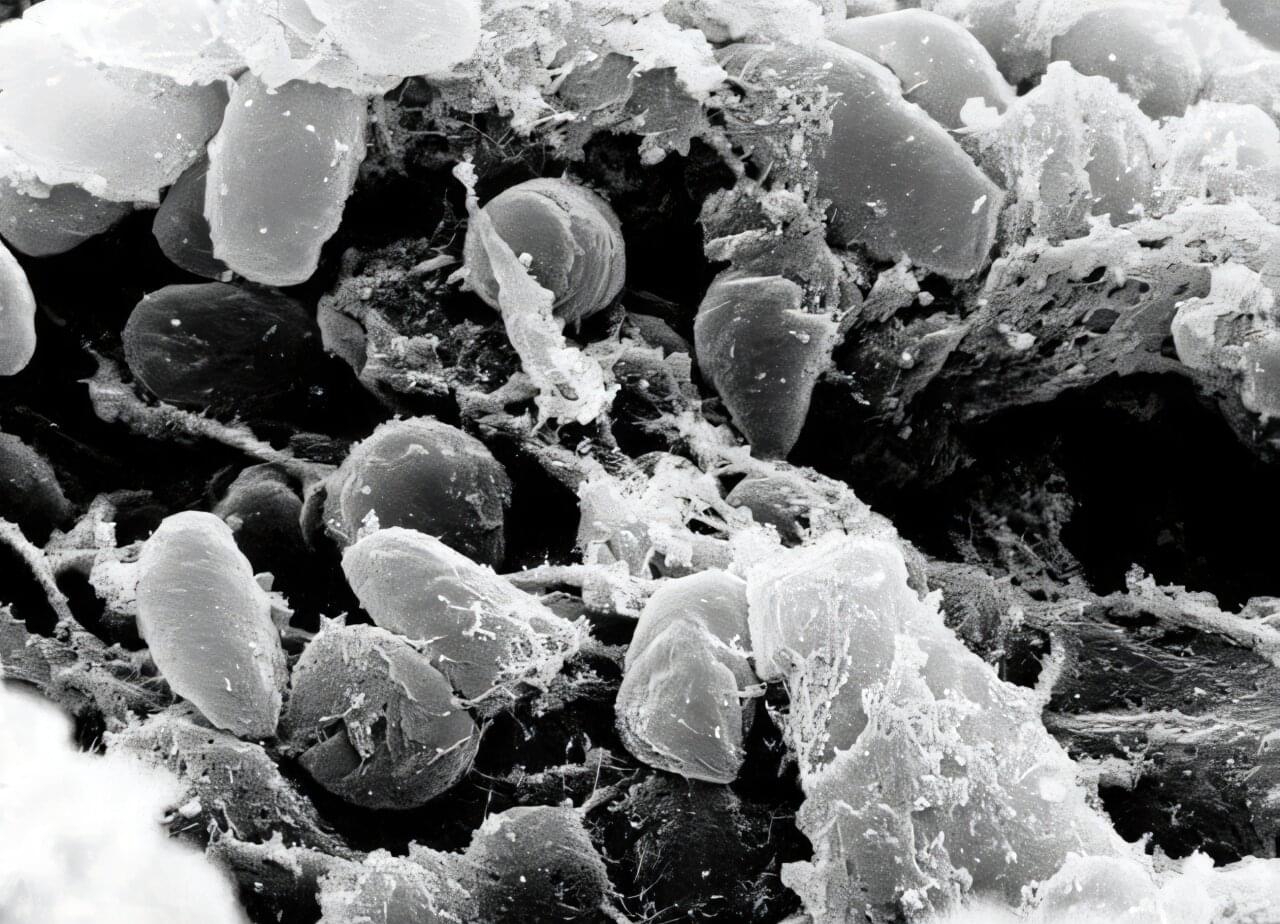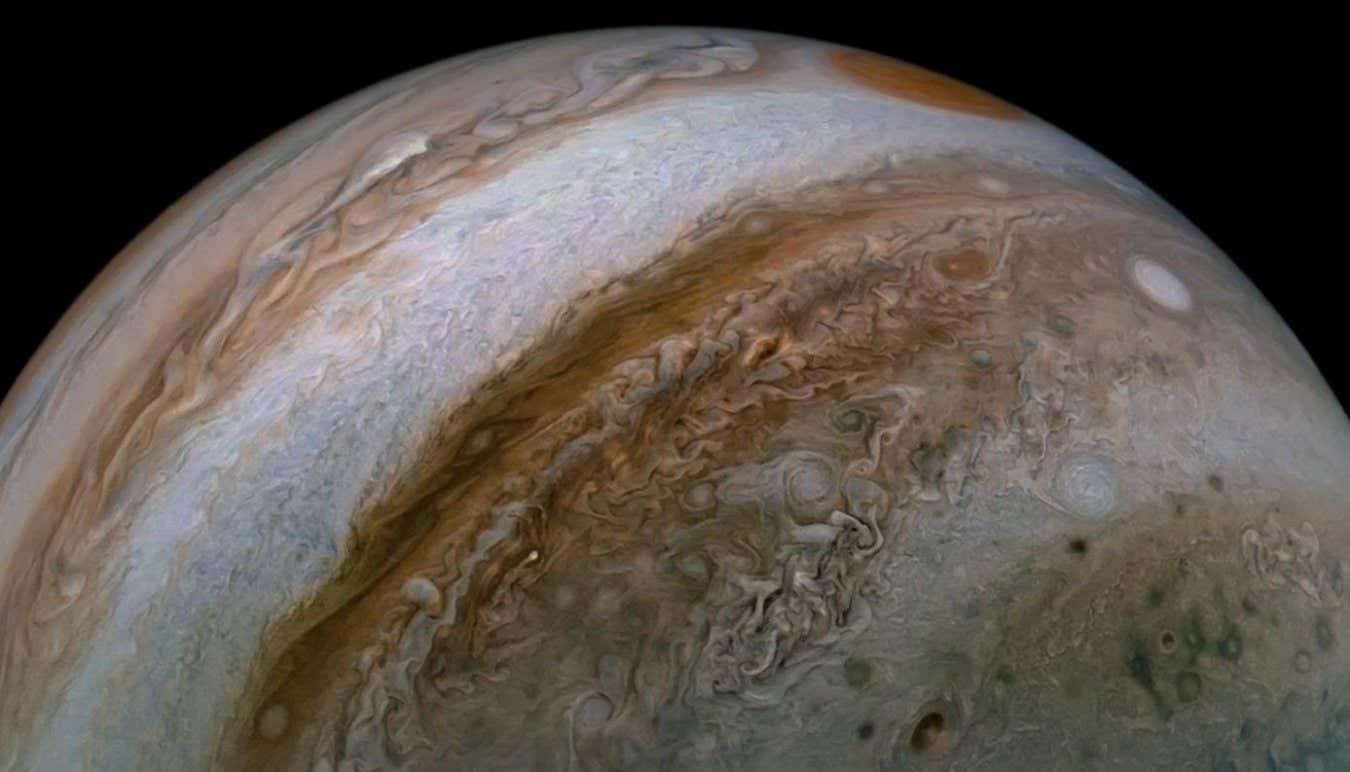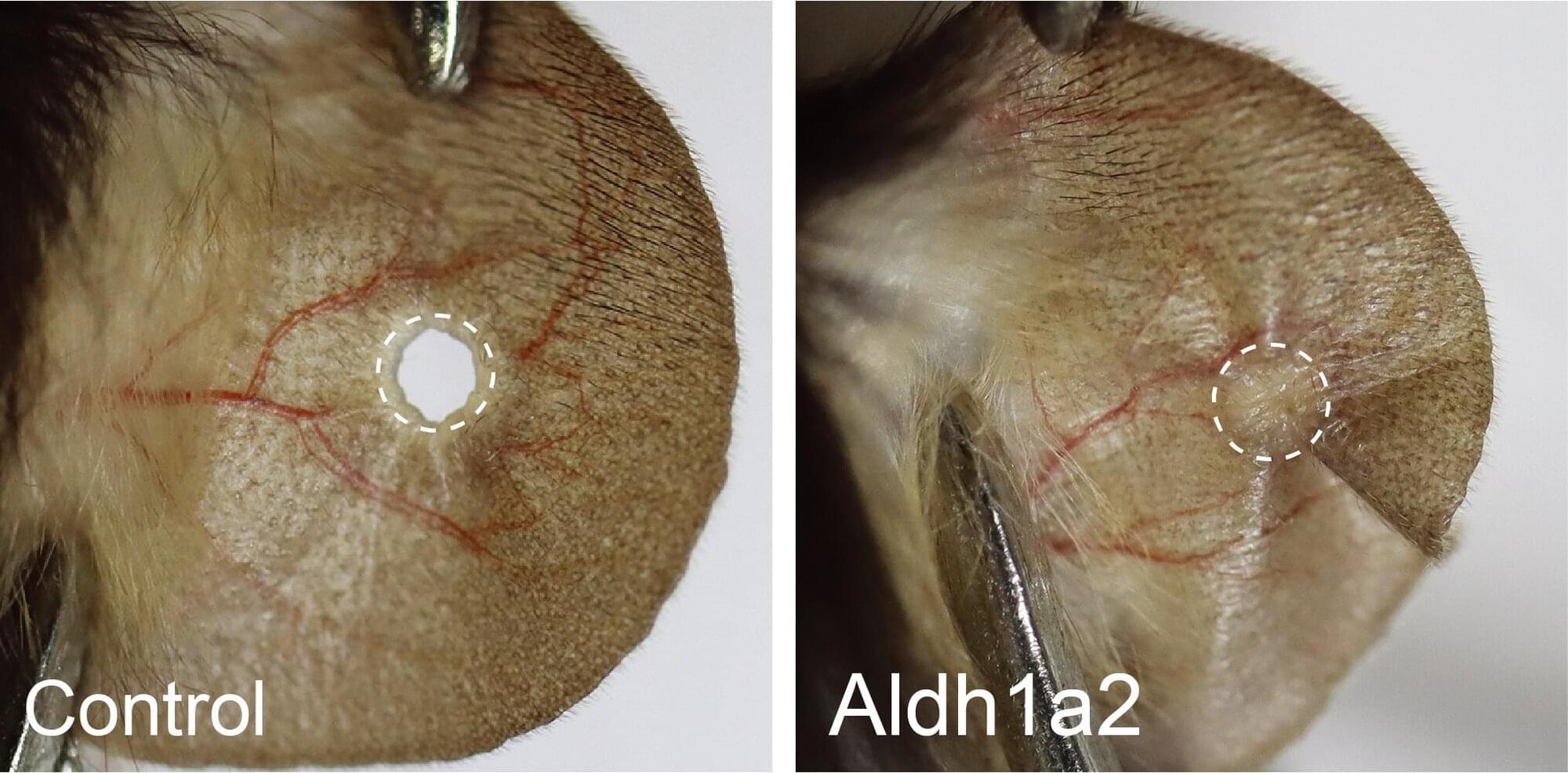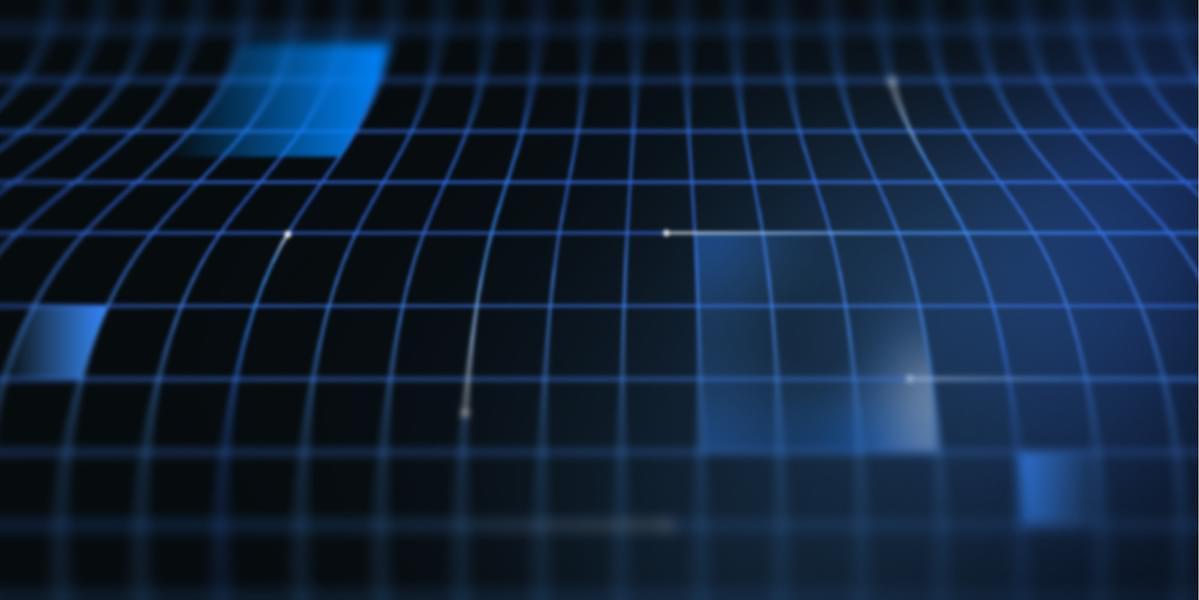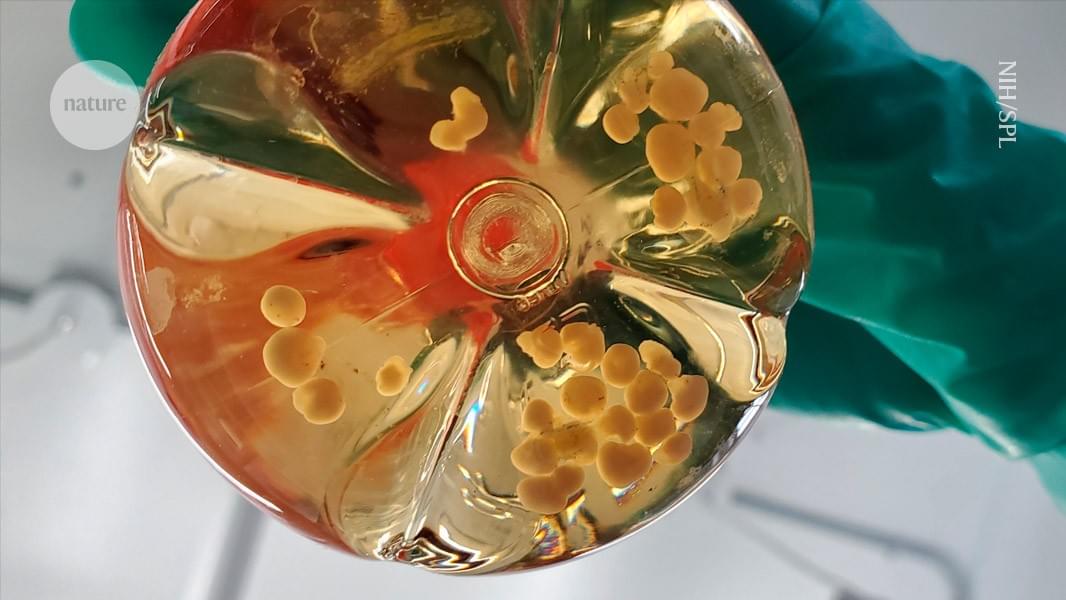A research team led by Eske Willerslev, professor at the University of Copenhagen and the University of Cambridge, has recovered ancient DNA from 214 known human pathogens in prehistoric humans from Eurasia.
The study shows, among other things, that the earliest known evidence of zoonotic diseases—illnesses transmitted from animals to humans, like COVID in recent times—dates back to around 6,500 years ago, with such diseases becoming more widespread approximately 5,000 years ago.
“The spatiotemporal distribution of human pathogens in ancient Eurasia” is the largest study to date on the history of infectious diseases and has been published in Nature.
